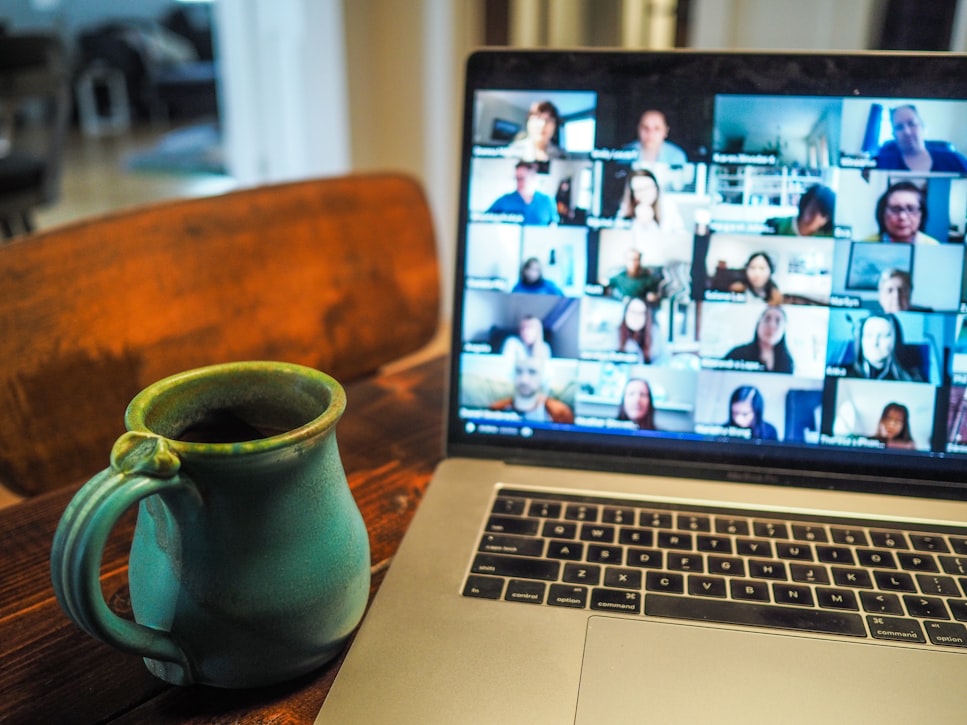For myself, I often find having conversation about a subject to be more engaging and informative than a lecture. Sure an expect will must likely have more information on their subject of expertise, but often a didactic sort of conference or lecture fails to hold my attention for an extended period of time. This is where I can see EdCamps being a very useful method of professional development.

Tenets of the Edcamp Model, Edcamp.org

Taken by Brook Cagle, Unsplash, https://unsplash.com/photos/-uHVRvDr7pg
EdCamps are free, which makes them immediately more accessible to participants. Collaboration is key to the success of an EdCamp in both the selection of topics and interactive nature of the sessions. The sessions are run by participates who are interested in select topics, rather than a single expert. Conversation and sharing of experiences drive the sessions. And what might be the most interesting part is that people are encouraged to get up and check out other sessions if the one they chose isn’t exactly what they’re looking for, or if they were interested in multiple topics from the get go.
In our mini EdCamp during class, we got a taste of what an one of these unconferences might feel like. We put forward topics, voted on what we were most interested in, and via Zoom, went into breakout rooms based on the topics we wanted to talk about. While a IRL EdCamp would be a bit more interactive, involve rooms for each session that we cold go in and out of, as needed, this digital EdCamp still seemed rather successful. The breakout rooms worked as session rooms, and there was the ability to leave one and move on to another.

“Zoom call with coffee”, Chris Montgomery, Unsplash, https://unsplash.com/photos/smgTvepind4
The conversation in my session often had moments of silence, which is expected in a session that is not prepared for and facilitated by an expert. This didn’t take away from the experience for me. These silences opened the floor up to anyone who had a specific topic/experience they wanted to address, and sparked further conversation. Our topic was something along the lines of how a digital education experience affects mental health. We quickly dubbed our session “Zoombies” and went into detail about how our experiences right now are effecting our mental health, how our experiences may reflect those of high school students right now, and what we can do as teachers going forward to help support these students. These conversations ranged from very personal, to broad, which I found to be pretty well rounded, especially for our first attempt at an EdCamp.
From this experience, I think I will jump at my first opportunity to participate in a real EdCamp. It seems like a great way of social networking with likeminded people and collaborating on ideas.

Leave a Reply
You must be logged in to post a comment.